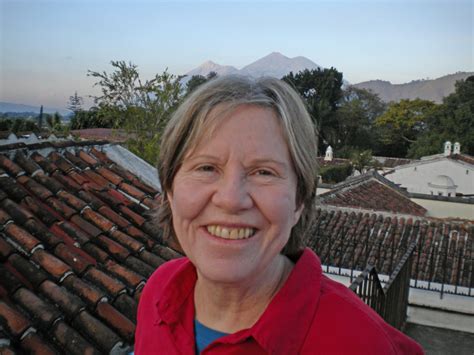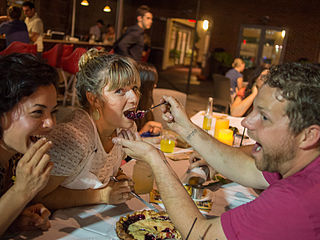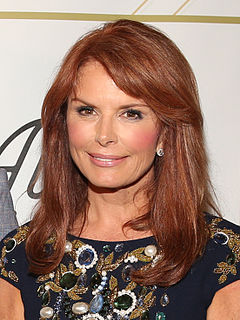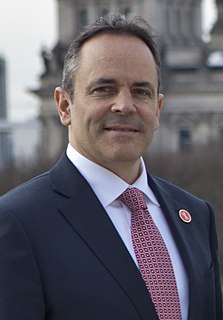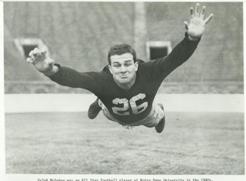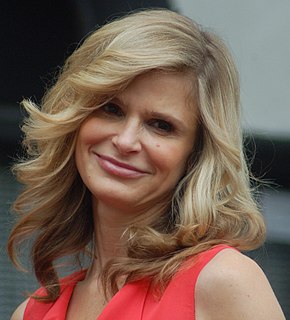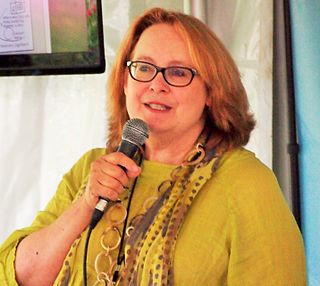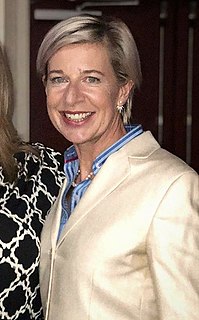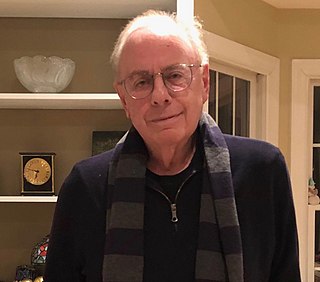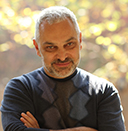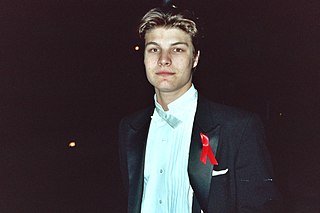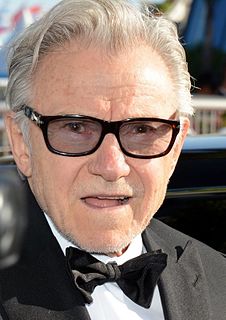Top 1200 Children's Literature Quotes & Sayings - Page 7
Explore popular Children's Literature quotes.
Last updated on November 25, 2024.
A Child of Happiness always seems like an old soul living in a new body, and her face is very serious until she smiles, and then the sun lights up the world. ... Children of Happiness always look not quite the same as other children. They have strong, straight legs and walk with purpose. They laugh as do all children, and they play as do all children, they talk child talk as do all children, but they are different, they are blessed, they are special, they are sacred.
I was going to be a writer, and that turned into journalist. And then that turned into a career in children's literature, which turned into early childhood education, which turned into psychology, which turned into premed, which turned into nursing school, which turned into communication, which turned into marketing and advertising.
One of the things I want to do in the book is to explore how philosophy can be done in literature. I start doing that in the first chapter, by introducing the idea of "philosophy by showing". What literature/philosophy shows is how to look at some important facets of life in a new way, thus changing the frame in which subsequent philosophical argument proceeds.
I think that Indian writing in English is a really peculiar beast. I can't think of any literature - perhaps Russian literature in the nineteenth century comes close - so exclusively produced by and closely identified with a tiny but powerful ruling elite, the upper-caste, Anglophone upper middle class, and dependent for so long on book buyers and readers elsewhere.
Some literature is knowledge, some is just data. But if I can get a "happy" ending - which is when for the characters I'm writing about, something happens that they move from wherever they are in the beginning to knowledge or wisdom, they know something they never would have acknowledged or realized if it hadn't been for my book - that for me is what literature does.
It has seemed to me that literature, as I meant it, was embattled, that it was increasingly difficult to find writing doing what I thought literature should do - which was simply to push people into changing their ideas about the world, and to go further, to encourage us in the work of changing the world, to making it more just and more truly human.
You'll call me damned Jew, a Christ murderer, a secret worshipper of pigs and a kidnapper of Christian children. How absurd! Who would want to kidnap children, Christian or otherwise? Vile things. The only mercy of children is that they grow up, as my son has but then, tragically, they beget more children. We do not learn life's lessons.
Writers throughout the ages have one weapon, which is literature, but they also have their responsibilities as a citizen when literature does not seem to suffice. I mean, they are not mutually exclusive. One continues to write anyway but if you are called out to demonstrate, if people are being killed in the streets, it's hardly the moment to go for your pen and paper, you know, help in one way or the other.
It is only through literature that one can put oneself in someone else’s shoes and understand the other’s different and contradictory sides and refrain from becoming too ruthless. Outside the sphere of literature only one aspect of individuals is revealed. But if you understand their different dimensions you cannot easily murder them.
The 20th century saw far greater catastrophes than September 11th, as bad as it was, and they didn't render literature or art or music irrelevant. In fact, I think that literature and art help us to understand - sometimes they provide narratives and metaphors for understanding history, for understanding recent catastrophes.
Our great problem, is that children now know whatever they want to know - at the press of a button they can discover all horrors of the adult world. They know very early on that the world is sometimes a very dark, difficult and complex place, and the literature they read must reflect that. Otherwise we're just entertaining them to pass the time.
Children’s literature must build a bridge between the colorful dream world full of fantasy and illusion, and a tougher real world full of twists and turns. The child armed with the torch of knowledge, awareness and guidance must cross this bridge and set foot to the intense harshness of the bigger world.
As a children's author, you get to advocate for reading and writing in general, in a way an adult author might not be able to. It's a really interesting dance we do to get literature into the hands of young people and to help them to become literate and become readers; we want them to grow up reading and continue to do so when they're adults.
I teach a 14-week semester, and one of the things I do when I have to teach literature is, for the first half hour of the class, I have the students write the beginning of a new story every week. At the end of the semester, even if they have learned nothing about literature, at least they'll have 14 beginnings that they can take with them.
All in all, the communally reared children of Israel are far from the emotional disasters that psychoanalytic theory predicted. Neither have they been saved from all personality problems, as the founders of the kibbutz movement had hoped when they freed children from their parents. In any reasonable environment, children seem to grow up to be themselves. There is no evidence that communal rearing with stimulating, caring adults is either the ruination or the salvation of children.
My philosophy is that I am a friend of the children. I don't think anyone should see them as pitiable subjects or charity. That is old people's rhetoric. People often relate childish behaviour to stupidity or foolishness. This mindset needs to change. I want to level the playing field where I can learn from the children. Something I can learn from children is transparency. They are innocent, straightforward, and have no biases. I relate children to simplicity and I think that my friendship with children has a much deeper meaning than others.
I have another aspect of my career where I'm a scholar of Yiddish and Hebrew literature, and I'll say that when you study Yiddish literature, you know a whole lot about forgotten writers. Most of the books on my shelves were literally saved from the garbage. I am sort of very aware of what it means to be a forgotten artist in that sense.
I'm a big believer in pairing classics with contemporary literature, so students have the opportunity to see that literature is not a cold, dead thing that happened once but instead a vibrant mode of storytelling that's been with us a long time - and will be with us, I hope, for a long time to come.
Our contemporary society is experimenting with the diminishment of caregivers for children. Some children are raised through crucial stages of life by only one person. This one person, who strives to give the best, may be overwhelmed, busy, trying to raise many children. And even in homes with two parents, many children are essentially alone.
I probably spend more time writing than reading science fiction. I find that science-fiction literature is so reactive to all the literature that's gone before that it's sort of like a fractal. It's gone to a level of detail that the average person could not possibly follow unless you're a fan. It iterates upon many prior generations of iterations.
The way to rock oneself back into writing is this. First gentle exercise in the air. Second the reading of good literature. It is a mistake to think that literature can be produced from the raw. One must get out of life...one must become externalised; very, very concentrated, all at one point, not having to draw upon the scattered parts of one's character, living in the brain.
Amory Lovins says the primary design criteria he uses is the question How do we love all the children? Not just our children, not just the ones who look like us or who have resources, not just the human children but the young of birds and salmon and redwood trees. When we love all the children, when that love is truly sacred to us in the sense of being most important, then we have to take action in the world to enact that love. We are called to make the earth a place where all the children can thrive.
I want children who can make eye contact. I want children who know how to resolve conflicts with their peers. I want children who understand the dynamics of interpersonal relationships that are physical and tactile. I do not want children that only know how to interface with the world through a screen.
Everybody has a different idea of when those good old days were, but everyone is convinced that there was a time when literature really mattered and that it doesn't now. They also tend to believe that it really matters someplace else - in very improbable places often. Russia is someone's idea of a place where literature really counts.



